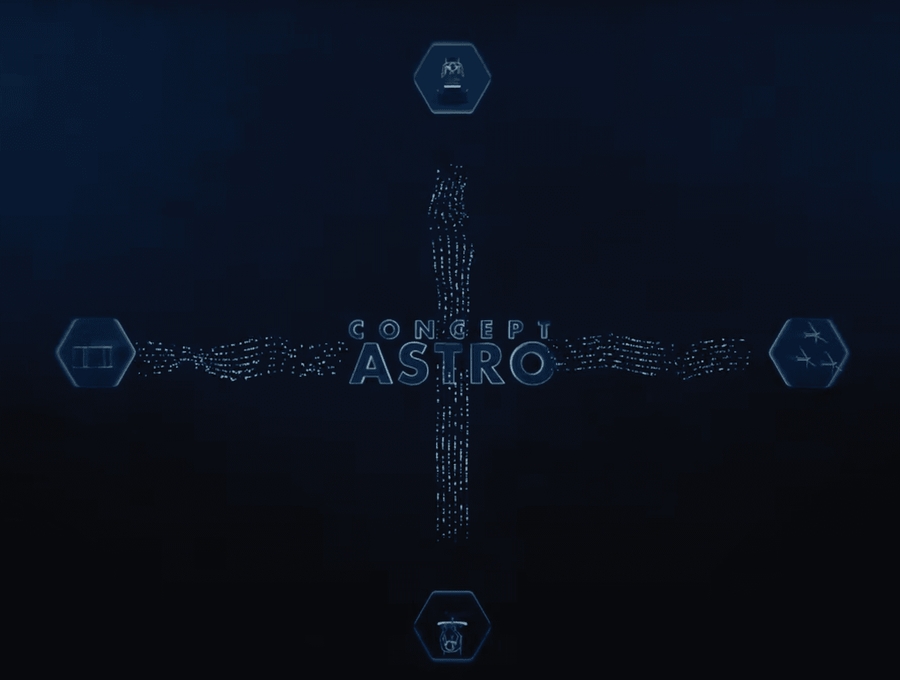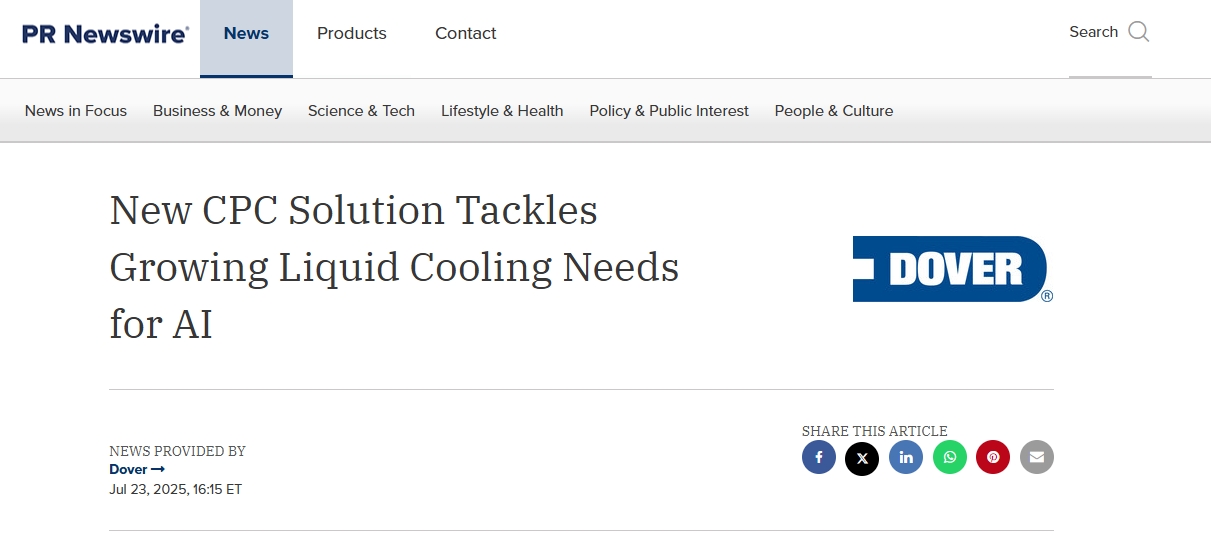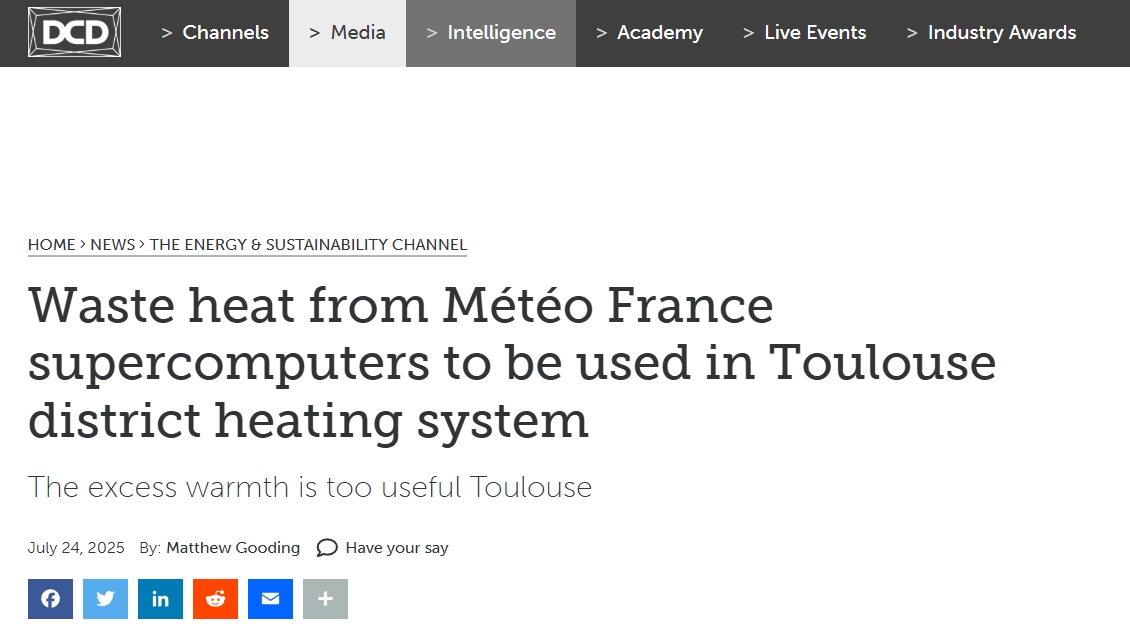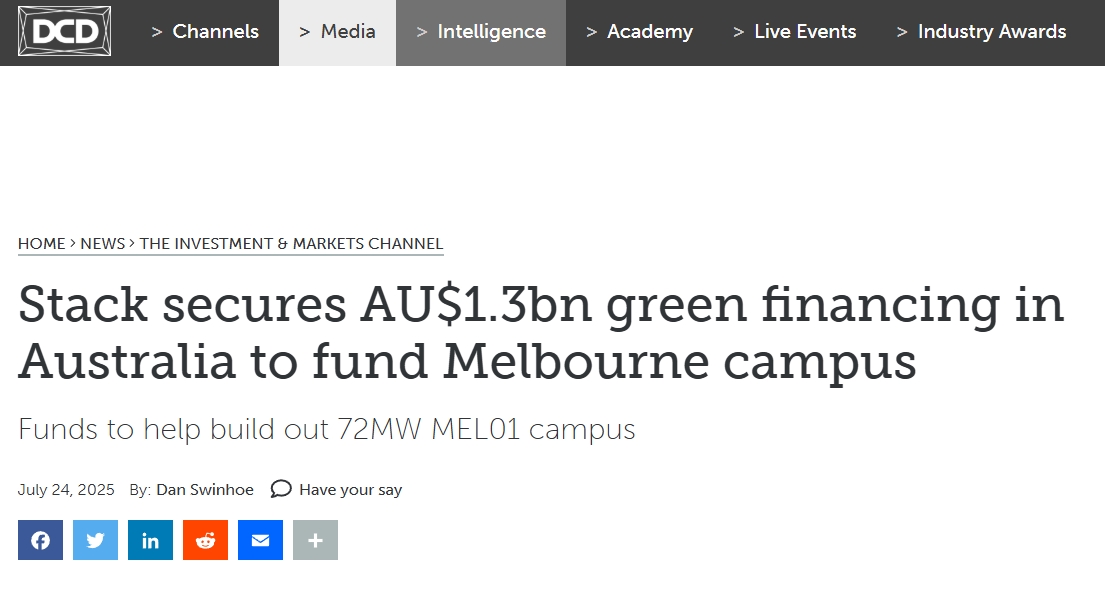Dell’s Concept Astro harnesses AI, automation and digital twins to optimise workloads based on energy availability and to reduce the cost of operations
Dell Technologies has unveiled a new approach to tackle the growing energy consumption challenges faced by data centres.
Referred to as Concept Astro, the system uses AI, automation and digital twins to optimise workloads based on energy availability and cost factors.
This innovation comes as data centres face mounting pressure from the surge in AI applications. According to the International Energy Agency (IEA), data centre energy consumption is expected to double by 2030, straining power grids and increasing both operational costs and emissions.
Using digital twins to simulate workload patterns
The core technology behind Concept Astro revolves around its use of digital twins – virtual replicas of data centre operations that simulate workloads and energy flows. This ability is able to provide insights that help maximise available power usage and adapt to changing grid conditions.
It prioritises workloads based on business needs, energy availability and cost factors. Users receive access to a dashboard and custom reports tailored to various roles, from researchers to financial officers, providing actionable insights.
CONCEPT ASTRO IS ABLE TO:
Forecast the time and energy required for specific workloads
Pull in real-time grid data and forecasts to identify optimal moments, locations and resources for running jobs
Prioritise workloads based on business needs, energy availability and cost
Offer users a dashboard and custom reports tailored to roles from researchers to CFOs, providing actionable insights and recommendations
“This capability is exciting but right now just a concept, with our engineers pushing the boundaries of what is possible to deliver at scale,” says Dr Alyson Freeman, Dell's Innovation Lead for Sustainability and ESG.
“In this iteration, we're using digital twins to simulate workloads so we can extract insights and identify ways to use available data centre power more effectively with power grid awareness.”
The system builds upon existing Dell technologies, including the AIOps monitoring suite. It incorporates features from Dell's AIOps Assistant, which allows customers to ask context-aware questions about their infrastructure and receive recommendations based on their system configuration.
A unique research offering
To test the system's capabilities in real-world conditions, Dell has partnered with the Scripps Institution of Oceanography at the University of California San Diego.
The research institution processes substantial volumes of underwater imagery – approximately 350GB per dive, with 300 to 400 dives conducted annually – to create high-resolution 3D models for coral reef research.
Image processing in this context requires significant computational resources. During the pilot implementation, Concept Astro enabled Scripps to schedule these processing tasks during optimal energy windows, which reduced grid strain while delivering measurable benefits.
DURING THE PILOT, CONCEPT ASTRO ENABLED SCRIPPS TO:
Schedule image processing during optimal energy windows, reducing grid strain
Achieve 20% cost savings and a 32% reduction in emissions
Double image processing throughput after upgrading to the Dell AI Factory with Nvidia, powered by next-generation servers
Megan Carrasco-Beyer, Senior Consultant Global Portfolio Sustainability Marketing Lead at Dell, shares: “I am so excited to share the project we've been working on for nearly two years. Concept Astro is Dell Technologies' vision for the future of efficient data centre operations.”
How Dell is paving the way for greater, energy efficient innovation
Concept Astro ultimately hopes to address several critical functions in data centre management. It forecasts time and energy requirements for specific workloads while incorporating real-time grid data to identify optimal moments, locations and resources for running jobs.
Dell’s innovation also addresses the obvious dilemma of AI’s increasing energy demands. AI workloads still require substantial computational power, which translates to significant energy consumption within the data centre environment.
As AI applications continue to proliferate across industries, data centres must balance performance needs with energy constraints, rising costs and sustainability requirements. With Concept Astro, Dell hopes to balance all of these things.
“At Dell, we're helping customers unlock the full potential of enterprise AI while minimising energy consumption and operational costs,” Alyson adds. “We're pushing ourselves to continually innovate, refine and enhance our offerings to deliver even greater business and societal value.
“What drives us is helping our customers overcome their biggest challenges. With energy-efficient technologies already transforming operations and forward-thinking concepts like AI-powered workload scheduling, we can help enterprises to reduce costs, enhance grid resilience and drive meaningful progress.”








